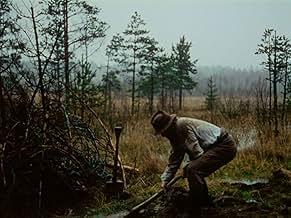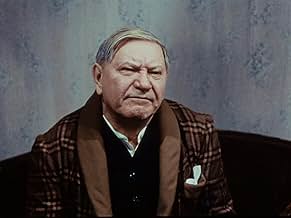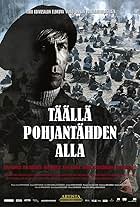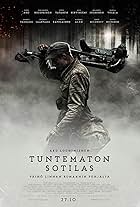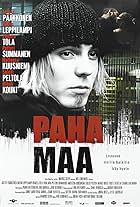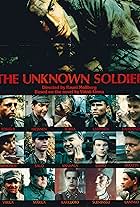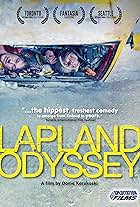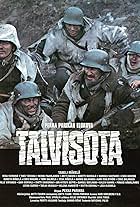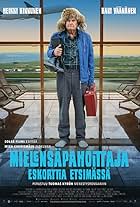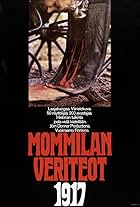In 1955 director Edvin Laine adapted Väinö Linna's beloved WWII novel The Unknown Soldier and the result is unquestionably the most celebrated work of Finnish cinema. 13 years later he matched its success with another adaptation of Linna's novel; this time a monumental trilogy about the birth and development of a nation; Here Under the Northern Star. The movie was a gigantic hit with the critics and the audiences alike and is still regarded as the most popular classic after The Unknown Soldier.
The story, starting just before Finland gains its independence, is a multi-generation spanning history of a newly independent nation dealing with inner turmoil, told through the eyes of a little community, with an emphasis on the Koskela-family. The first half of the film is set around Jussi Koskela, a poor, mild-mannered man who's trying to get ahead in life, while the second half mostly revolves around Jussi's son: Akseli, a passionate and fiery-tempered young man also trying to get ahead in life, but by far more radical ways than his father. The main theme is the class struggle between the rich and the poor (the "whites" and the "reds") which would eventually escalate to a full-blown, bitter, civil war. Although not forgetting the joys of life, like in the form of the tender romance between Akseli and Elina.
While the examination of what lead to the conflict is equally important, the civil war takes the major part of the film. What makes this the definitive portrait of the war, is that, while it is told from the reds' point-of-view, it doesn't "choose sides", rather just documents a national tragedy. Atrocities and war crimes toward civilians are done by both sides and the "trials" held during and after the war are more about settling personal vendettas than actually passing justice. Incidentally the best moments of the movie are in the last quarter when the drama reaches its harrowing and heartbreaking conclusion.
Most of the films excellence must be attributed to the masterful source novel, but even so, just the fact that this is so well adapted is praiseworthy in itself. The essential parts of the book have translated well to the screen (in content, but also in Linna's slyly sardonic tone) and the pacing is excellent, the film moves on a brisk pace for a 190 minute epic. It's visually appealing, not exactly stunning, but definitely well-shot and musically memorable. On the other hand, the films major weakness lies in the badly dated acting. The main players are all solid; some, like Aarno Sulkanen (as Akseli) are even great; but unfortunately many of the minor players range from plain hammy to grating "scenery-chewing", but that one complaint aside, the film is captivating, incredibly touching, unforgettable achievement..
Finnish cinema does not get more essential than this. If you ever have the chance to see it I highly recommend giving it a try.

